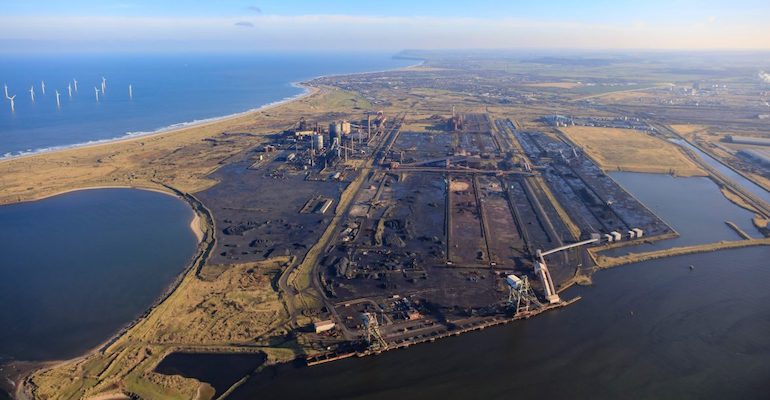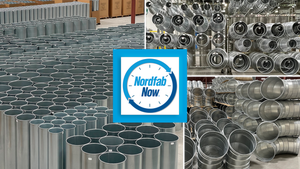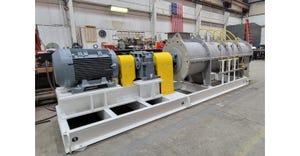The oil and gas giant said the site in Teesside will produce 1GW of hydrogen by 2030 if the project moves forward.

Major oil and gas firm BP has proposed a project to develop the UK’s largest plant for ‘blue’ hydrogen in Teesside, England that will have a capacity of 1GW when it becomes operational, the company announced in a recent release.
Dubbed H2Teesside, the project aims to help meet the UK government’s push to develop 5GW of hydrogen production in the country by 2030, according to BP. In addition to the blue hydrogen, up to 2 million tn/yr of carbon dioxide will be captured at the site and sent to storage.
“Clean hydrogen is an essential complement to electrification on the path to net zero. Blue hydrogen, integrated with carbon capture and storage, can provide the scale and reliability needed by industrial processes. It can also plan an important role in decarbonizing hard-to-electrify industries and driving down the cost of the energy transition,” said Dev Sanyal, executive vice president of gas and low carbon energy for BP, in a statement.
BP will make a final investment decision on the project in early 2024. The company said it has initiated a feasibility study on technologies that could be used to capture 98% of carbon emissions from hydrogen production at the Teesside site.
The Teesside location offers BP access to Norht Sea storage sites, pipe corridors, and hydrogen storage and distribution assets that are currently in place.
Blue hydrogen is made by processing natural gas into hydrogen and carbon dioxide. Hydrogen generated by the BP facility will be used to power industrial sites and homes, as a fuel for heavy transport, and in the production of sustainable fuels.
If the project moves forward, production could start at the plant by 2027 or earlier. BP intends to develop the Teesside facility in stages. An initial 500MW of blue hydrogen will come online and then the company will add further capacity by 2030.
As part of the effort, BP recently signed a memorandum of understanding (MoU) with titanium dioxide pigments and performance additives manufacturer Venato to supply clean hydrogen to its plant in Teesside. The firm also entered into a MoU with Northern Gas Networks (NGN), a gas distributor in northern England, to collaborate on the decarbonization of gas networks in the country.
A recent forecast by Emergen Research posits that the global market for blue hydrogen will hit $2.48 billion by 2027. Over the next six years, the market is expected to grow at a CAGR of 14.8%, driven by increased demand for clean energy.
About the Author(s)
You May Also Like




